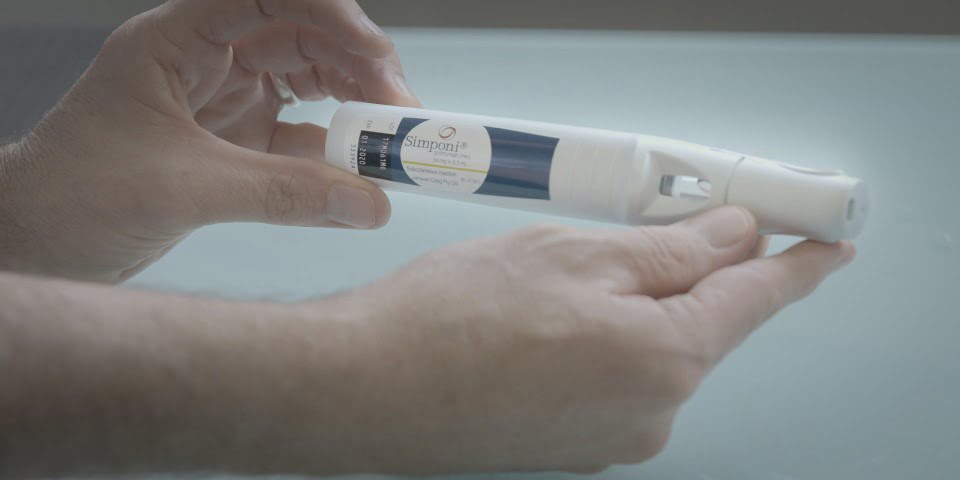The federal government has opened a new front in the treatment of inflammatory arthritis, making the first ever medicine available on the PBS for people with a hidden form of arthritis where their immune system attacks the spine.
Medical experts, patient groups and the Janssen Pharmaceutical Companies of Johnson & Johnson have welcomed the listing from December 1 for Simponi (golimumab), a medicine that works to counter inflammation caused by a debilitating autoimmune condition known medically as active non-radiographic axial spondyloarthritis.
The new subsidy will make treatment with Simponi affordable for thousands of Australians each year, many of whom are struck down by the debilitating condition when aged in their 20s or 30s.
“This is a serious form of inflammatory arthritis,” Associate Professor Andrew Östör, a rheumatologist at Cabrini Malvern in Melbourne, said. “Patients eligible for subsidised therapy will be diagnosed by an MRI scan and blood test and will also need to meet other clinical criteria and show signs of other inflammatory disease or be positive for the gene (HLA)-B27. A normal X-ray may not reveal the damage, but with an MRI and blood test we can pinpoint inflammation in the spine and pelvic joints.
“This PBS listing opens up a new line of defence in how we treat adults with this form of arthritis, whose pain and discomfort cannot be adequately relieved with nonsteroidal anti-inflammatory drugs.”
Non-radiographic axial spondyloarthritis affects more than 30,000 Australians, with chronic and debilitating back and joint pain usually starting at an early age.
“It’s a complex autoimmune disease that requires early detection and treatment to prevent irreversible long-term structural damage to the spine and sacroiliac joints,” Professor Östör said. “Unfortunately, we’ve seen some cases where diagnosis has taken up to 10 years.”









